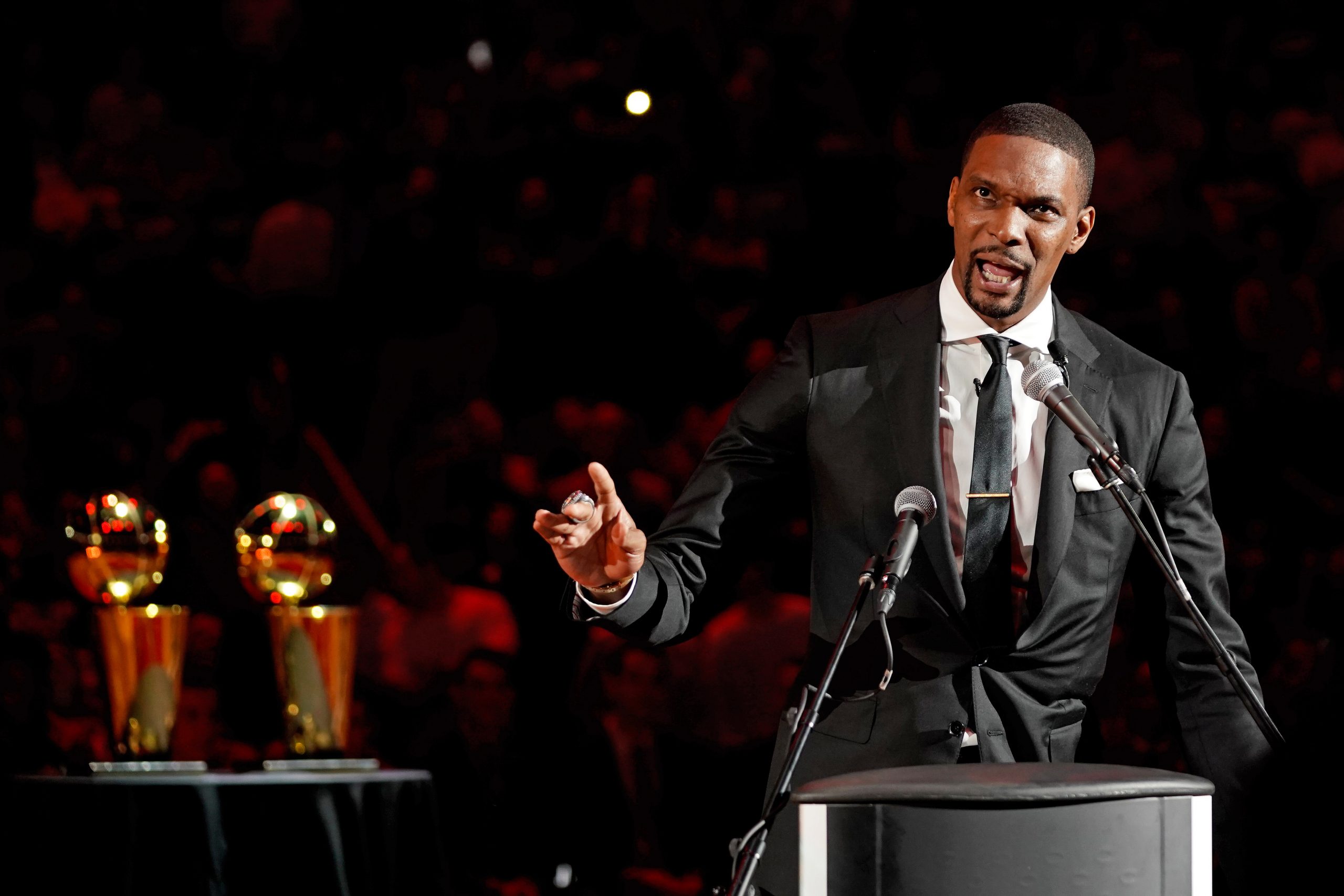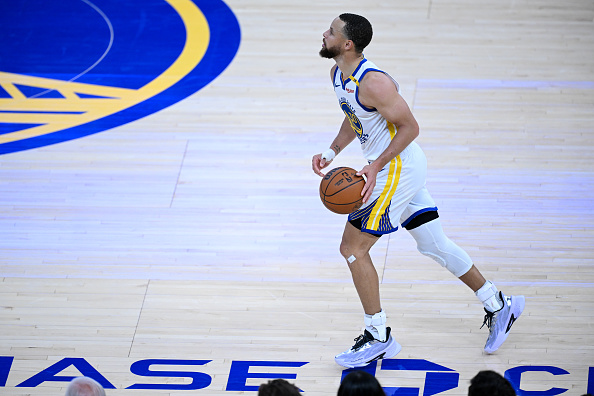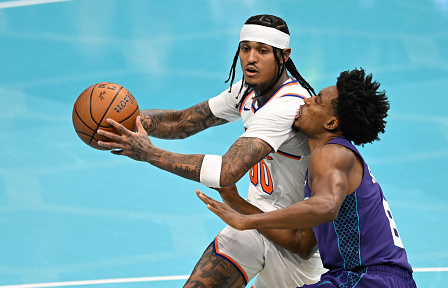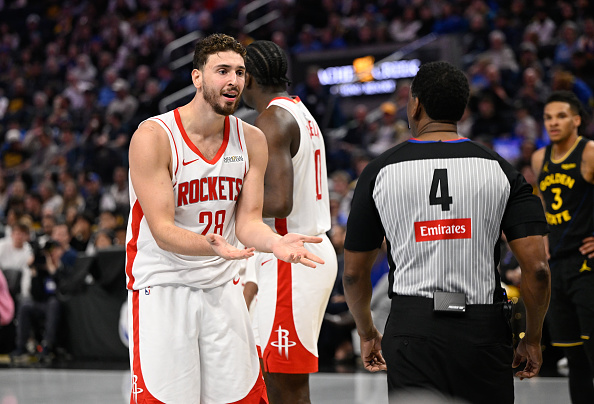Before the start of training camp for the 2016-17 NBA season, Miami Heat power forward Chris Bosh failed a physical. Soon after, it was reported that doctors discovered blood clotting issues, a problem that had forced him to miss time the previous season. The Heat subsequently announced that there was no timetable for his return, and Bosh eventually retired in 2019.
Unfortunately, Bosh’s time in the NBA was cut short after only 13 years. While that might seem like a long career, Bosh was only 32 when he failed the physical. Not only that, but he was coming off a season in which he averaged 19.1 points and 7.4 rebounds per game while shooting 47 percent from the field. In all likelihood, a healthy Bosh still had a few years of All-Star basketball in him.
Since Bosh didn’t officially retire until 2019, he likely won’t be up for induction into the Basketball Hall of Fame until 2024. But once his name is thrown into the mix, it could instigate some heated debate.
For his career, Bosh averaged 19.2 points, 8.5 rebounds, two assists, and one block per game. He shot 49 percent from the field and 34 percent from three. In total, he made 11 All-Star games, won two championships, and made one All-NBA Second Team. He also made the NBA’s All-Rookie First Team in 2004.
Many credit Bosh with popularizing the modern-day “stretch big.” While playing alongside LeBron James and Dwyane Wade in Miami, Bosh stretched defenses out by moving along the perimeter and knocking down outside shots. After attempting one or fewer threes per game during his first 10 seasons, he averaged 3.6 attempts per game over his final three.
Those who don’t view Bosh as a Hall of Fame-caliber player will point out that he was Miami’s third option from 2010 to 2014. However, though his scoring dipped slightly, Bosh still averaged 17.4 points per game over that span and made key contributions on both ends of the floor. He transformed his game for the sake of his new team, and it helped them reach four straight NBA Finals.
In addition, many fans often forget or diminish Bosh’s dominance in Toronto prior to his time in Miami. He averaged at least 22.3 points in five of his seven seasons as a Raptor and earned a reputation as one of the best players in the league. Though he wasn’t there long, Bosh held many of the Raptors’ statistical records when he left.
The Hall of Famer has already inducted several big men with either comparable or lesser resumes than Bosh, including Jack Sikma (2019), Yao Ming (2016), Alonzo Mourning (2014), and Ralph Sampson (2012).
Based on production and accolades alone, Bosh probably deserves a spot in the Hall. Combine those factors with the effect he’s had on shaping the way today’s big men play, and he’s a lock.







